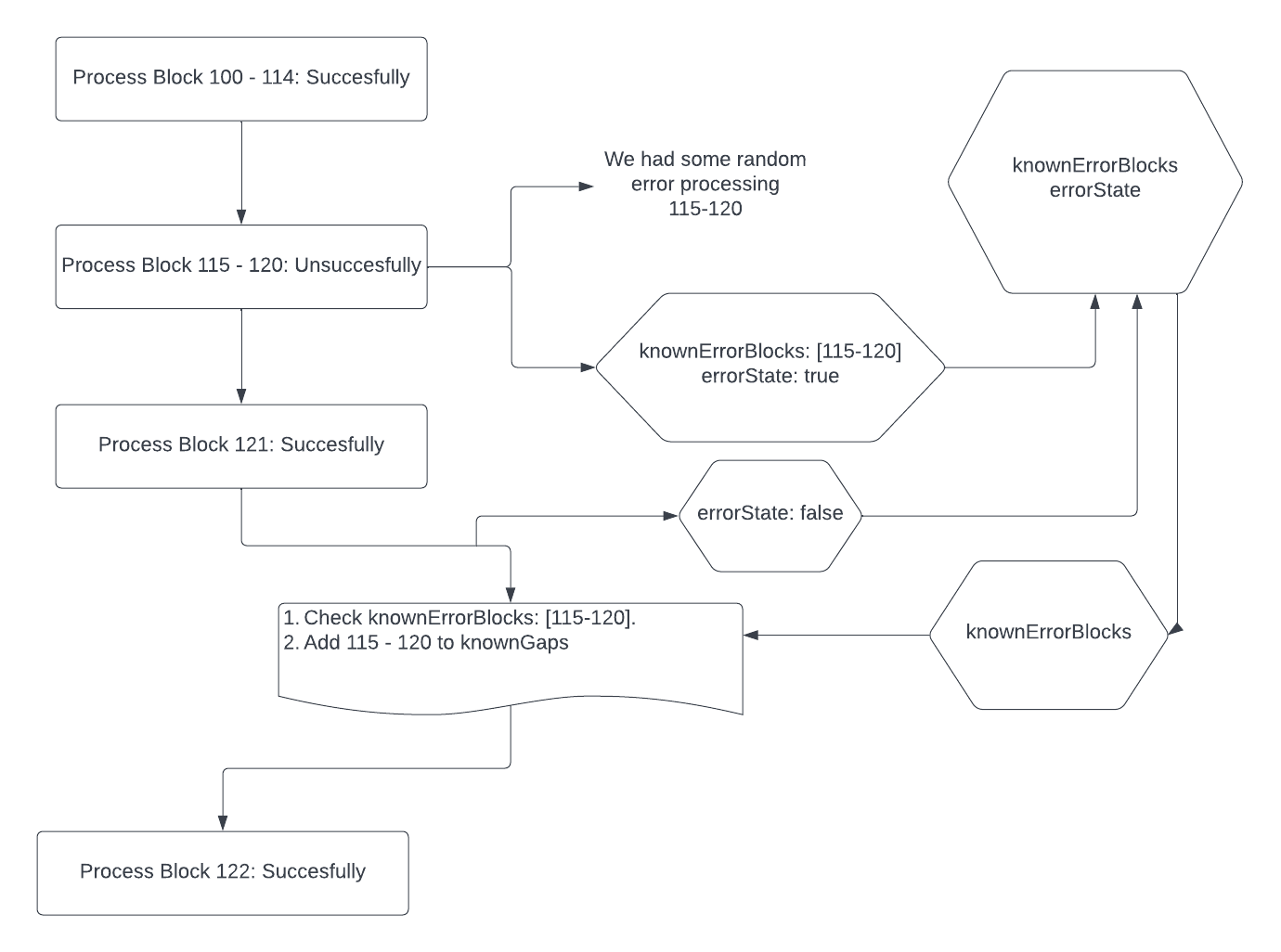Handle conflicts (#244) * Handle conflicts * Update go mod file versions * Make lint changes Disassociate block number from the indexer object Update ipld-eth-db ref Refactor builder code to make it reusable Use prefix comparison for account selective statediffing Update builder unit tests Add mode to write to CSV files in statediff file writer (#249) * Change file writing mode to csv files * Implement writer interface for file indexer * Implement option for csv or sql in file mode * Close files in CSV writer * Add tests for CSV file mode * Implement CSV file for watched addresses * Separate test configs for CSV and SQL * Refactor common code for file indexer tests Update indexer to include block hash in receipts and logs (#256) * Update indexer to include block hash in receipts and logs * Upgrade ipld-eth-db image in docker-compose to run tests Use watched addresses from direct indexing params by default while serving statediff APIs (#262) * Use watched addresses from direct indexing params in statediff APIs by default * Avoid using indexer object when direct indexing is off * Add nil check before accessing watched addresses from direct indexing params
1.3 KiB
1.3 KiB
Overview
This document will provide some insight into the known_gaps table, their use cases, and implementation. Please refer to the following PR and the following epic to grasp their inception.
Use Cases
The known gaps table is updated when the following events occur:
- At start up we check the latest block from the
eth.headers_cidtable. We compare the first block that we are processing with the latest block from the DB. If they are not one unit of expectedDifference away from each other, add the gap between the two blocks. - If there is any error in processing a block (db connection, deadlock, etc), add that block to the knownErrorBlocks slice, when the next block is successfully written, write this slice into the DB.
Glossary
expectedDifference (number)- This number indicates what the difference between two blocks should be. If we are capturing all events on a geth node then this number would be1. But once we scale nodes, theexpectedDifferencemight be2or greater.processingKey (number)- This number can be used to keep track of different geth nodes and their specificexpectedDifference.
